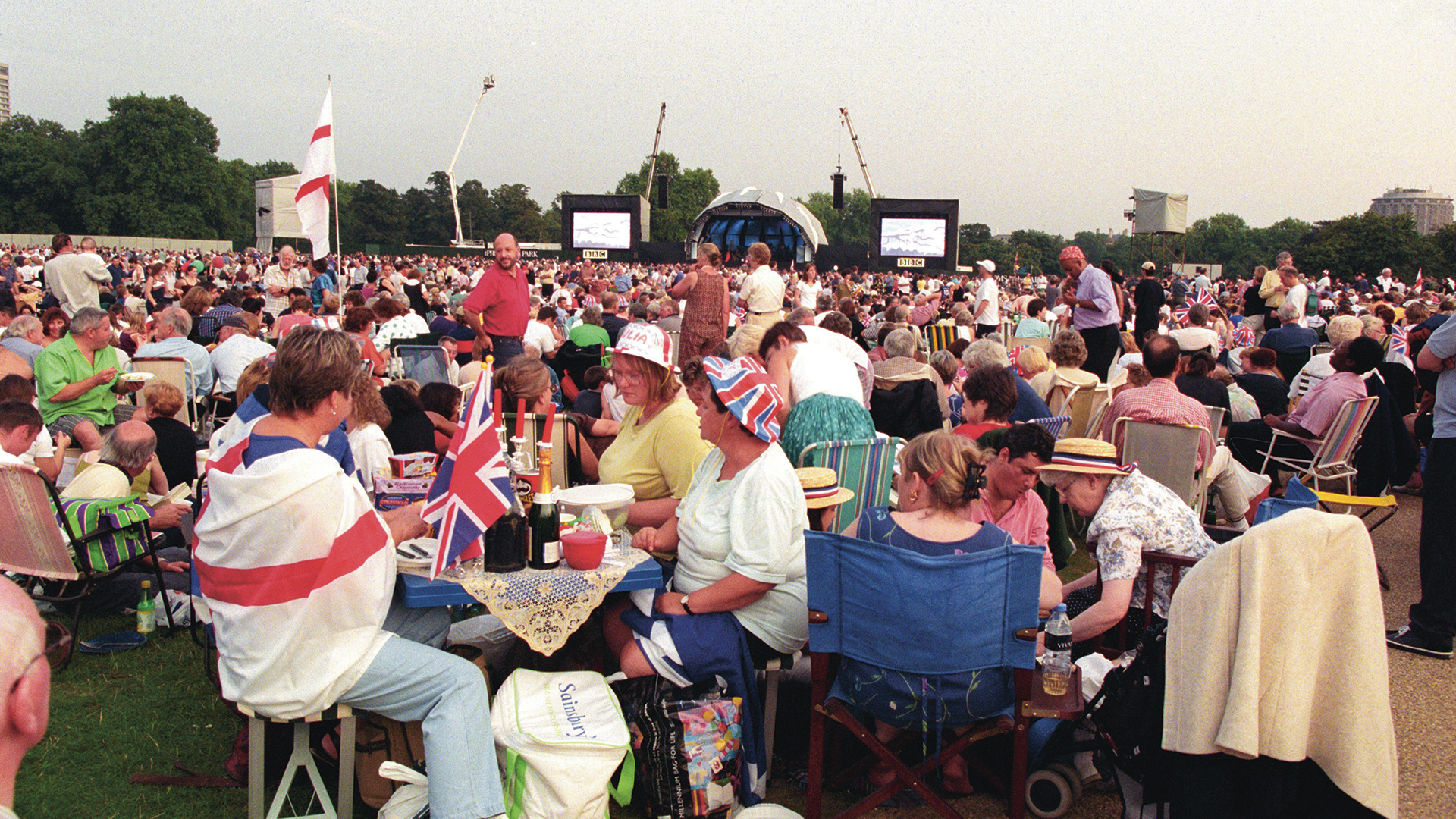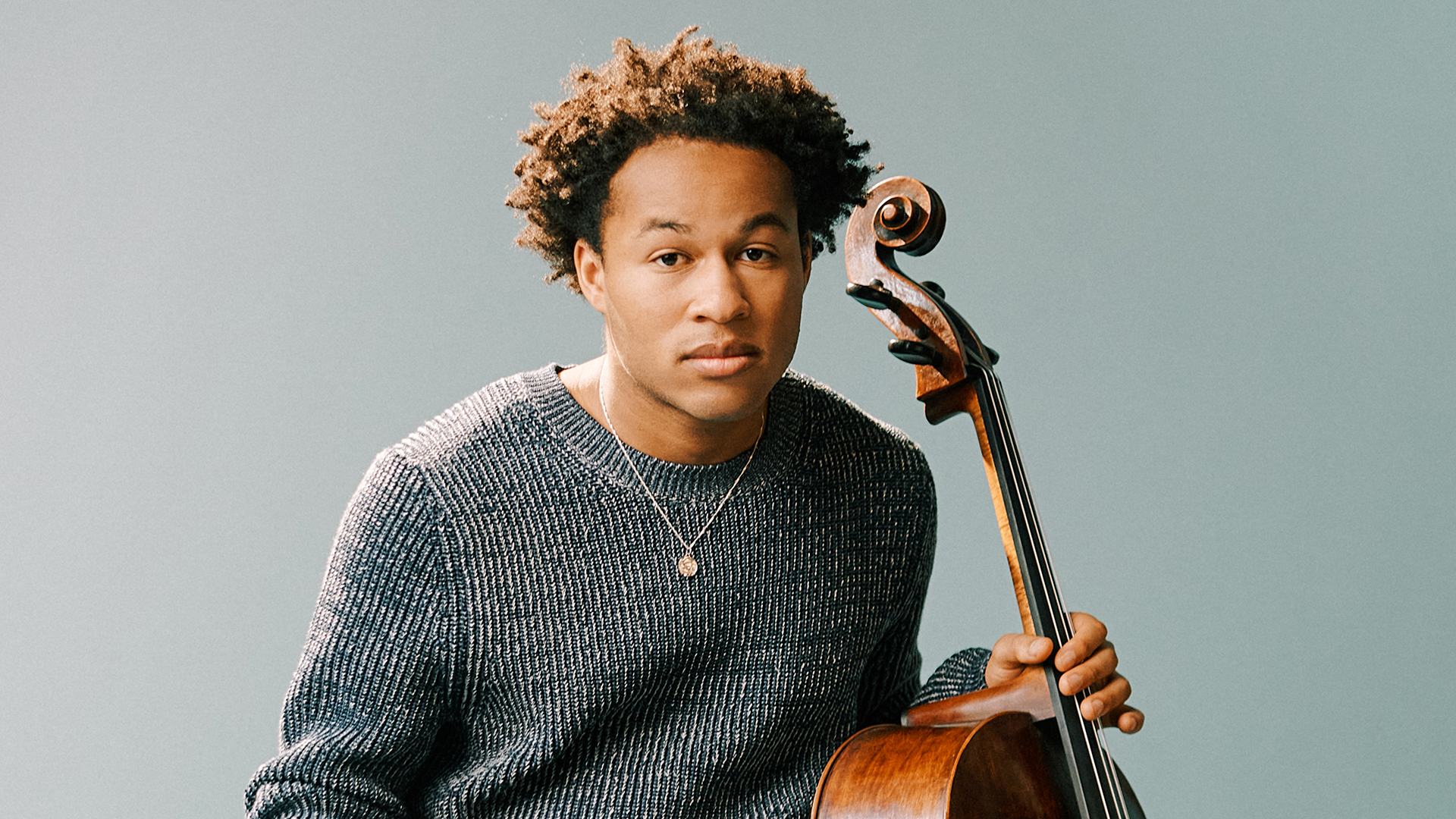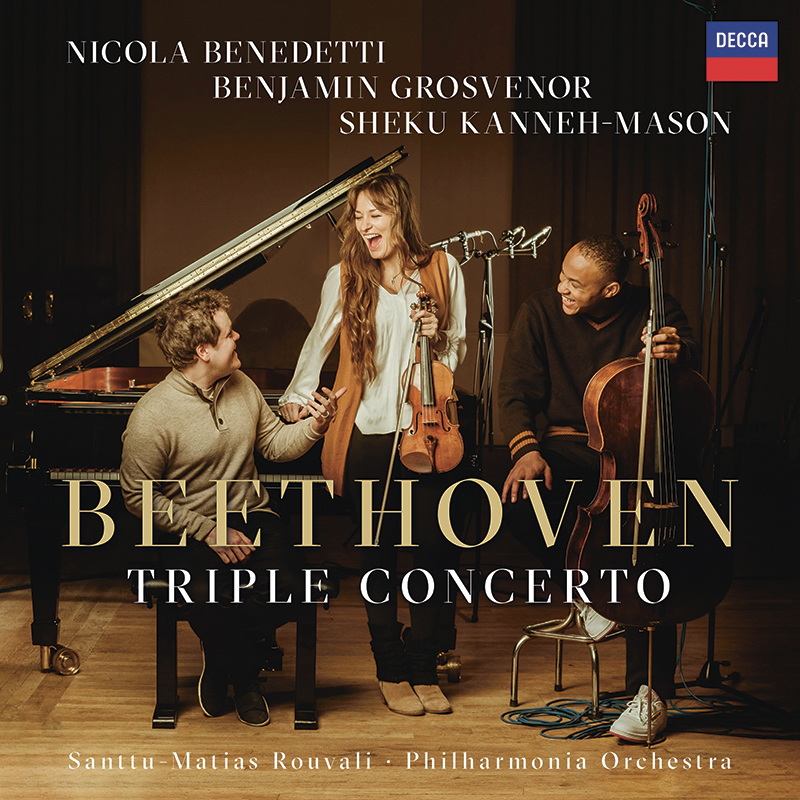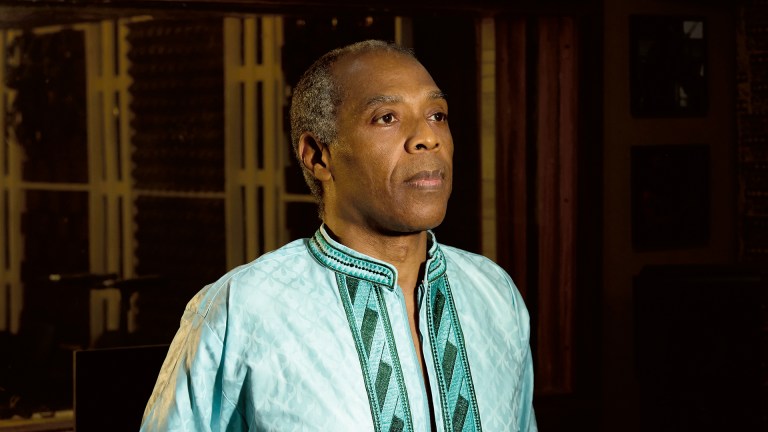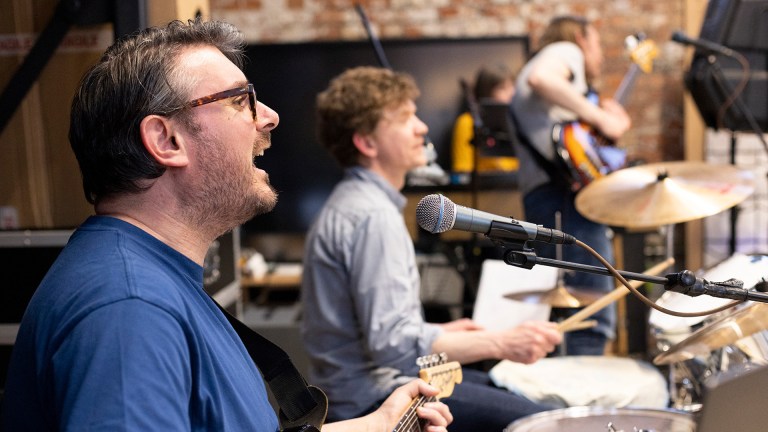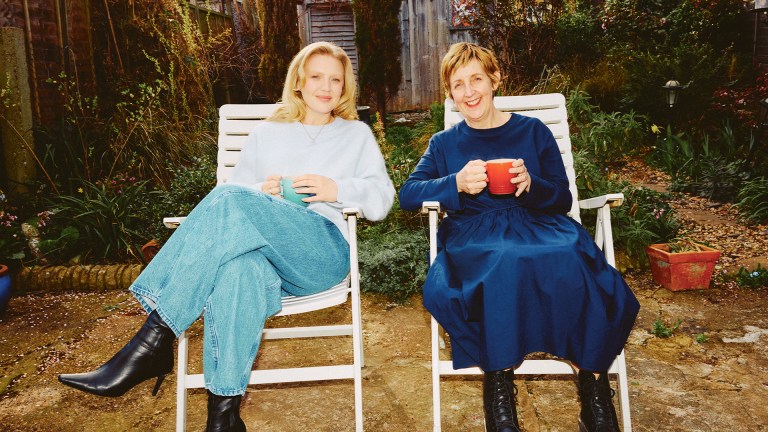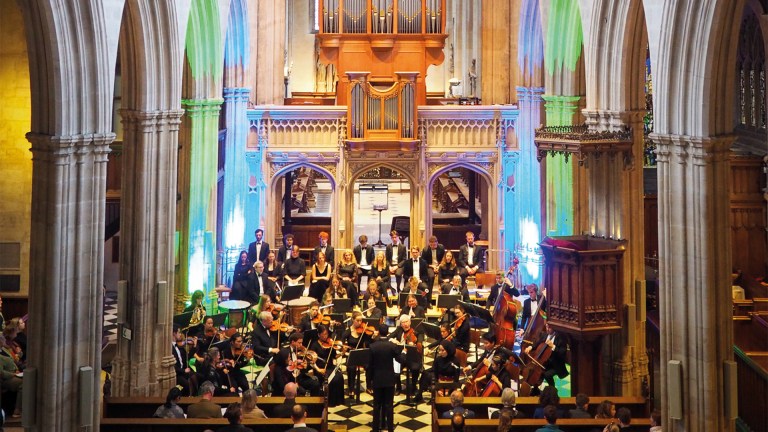I’m sat on a picnic rug, an oversized coat around my shoulders. There’s a sharpness to the air; the short English summer is drawing to a close and the evening is chilly. In my hand is a Union Jack flag. Sheltered within the bandstand, the orchestra prepares for the grand finale. As we reach the chorus, everyone around me raises their arms, creating a sea of blue, red and white.
It is 1994, at a Proms in the Park event, one of many local concerts emulating the iconic Royal Albert Hall Last Night of the Proms. There, internationally renowned musicians and singers close the performance – as tradition dictates – with a rendition of “Rule, Britannia!”, the piece by English composer Thomas Arne with text by Scottish poets James Thomson and David Mallet. Here, less accomplished – but equally enthusiastic – voices sing the same song: “Rule, Britannia! Britannia, rule the waves! Britons never, never, never will be slaves.”
Get the latest news and insight into how the Big Issue magazine is made by signing up for the Inside Big Issue newsletter
Our view of British history is widening. Families who made their significant fortunes from enslaved people are increasingly held to account. Philanthropy – previously cast as a modern-day indulgence – is no longer enough to exonerate their behaviour. The statue of Edward Colston, the merchant who gave generously to various charitable endeavours, was famously pushed into Bristol Harbour in support of Black Lives Matter. National institutions, such as the Natural History Museum, acknowledge that their collections are rooted in colonialism and that “Collectors and explorers used, or in some cases exploited, the knowledge, skills and labour of local communities, enslaved people and Indigenous Peoples to find, collect and understand specimens”.
Our understanding of the impact of imperialism is developing, as is our engagement with diversity and the language that surrounds it. In music curriculums, there are efforts to decolonise the repertoire. There’s even a biopic of the life of Joseph Bologne, the fascinating composer born to an enslaved African mother and a French plantation owner who went on to work in the upper echelons of Marie Antoinette’s court. Against this background, why on earth would the Proms continue to encourage the jingoism of “Rule, Britannia”?
- ‘I felt so powerful’: Jen Reid on inspiring the next generation after Bristol protests
- Joseph Bologne and Karl Jenkins: Misrepresented composers, centuries apart
The festival has come close to stopping its now controversial annual singalong. In 2020 the programme was due to include an instrumental version of “Rule, Britannia!” – attributed to pandemic restrictions. The Proms U-turned at the last minute, bowing to pressure from headlines such as ‘Land of Woke and Glory’. But this year’s event, due to be unveiled in the coming weeks, now faces renewed pressure after popular cellist Sheku Kanneh-Mason said that he thinks the music should be replaced.
